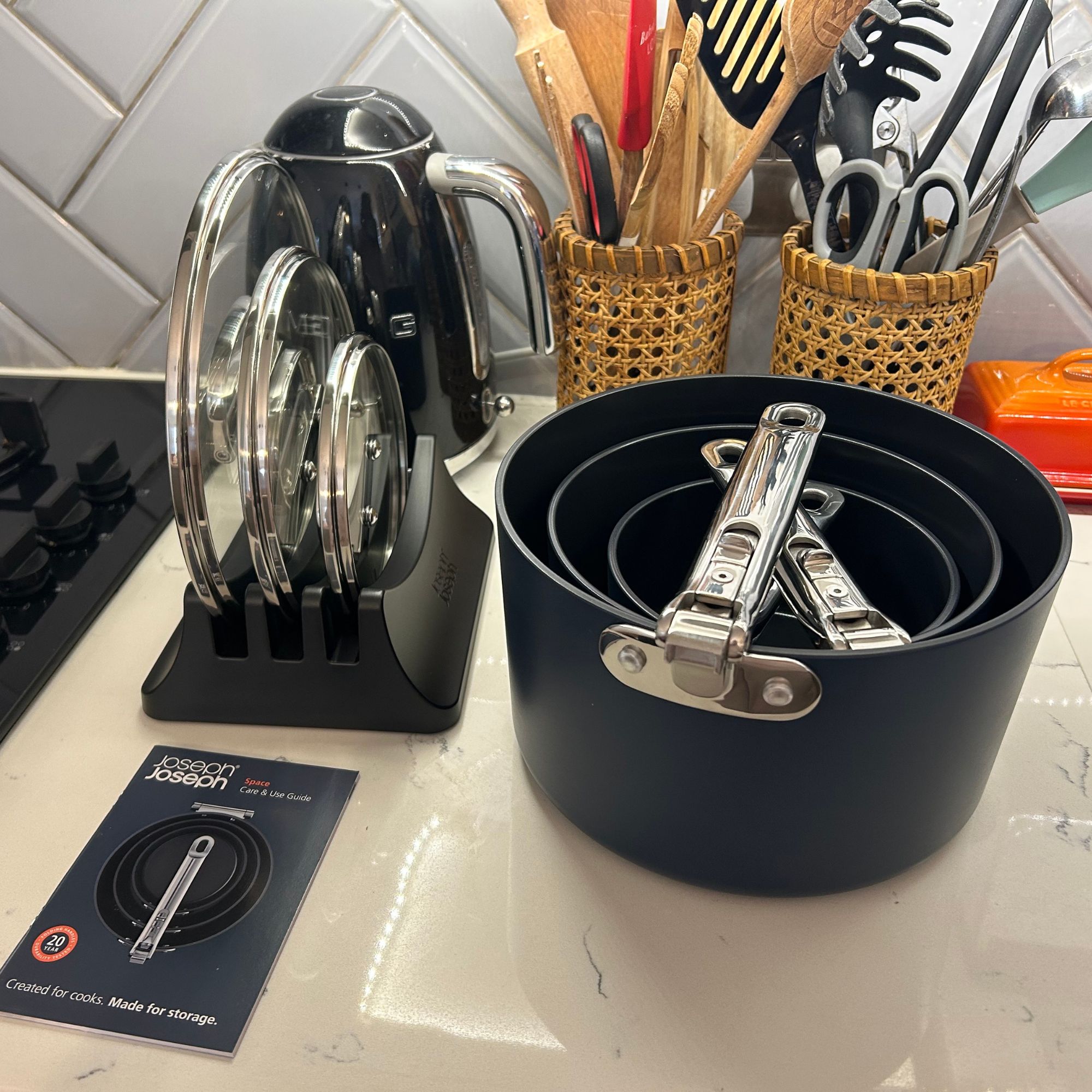What is a mortgage broker and should you use one?
Ever asked yourself ‘what is a mortgage broker?’ We explain how using a mortgage broker could save you time and money when searching the mortgage market
Rachel Wait
If you’re looking to apply for a mortgage, you might consider using a mortgage broker. But what is a mortgage broker and do you really need one?
In a nutshell, a mortgage broker is an adviser that helps you get a mortgage. They will search the mortgage market to help you find the right product from thousands of deals.
Using a broker gives you a mortgage expert on your side. Brokers need to pass professional qualifications to give advice and they’re regulated by the Financial Conduct Authority.
They’ll also give you a realistic idea of how much you can borrow and therefore your purchasing power. And they’ll help get your finances ‘mortgage ready’ to give you the best chance of getting your application approved before finding you the best mortgage rates.
Will using a mortgage broker get me a better deal?
A broker will find you the best and cheapest mortgage that meets your needs.
It’s important to remember there isn’t one best mortgage. The lowest rate might not be accessible to you or come with high fees you don’t want to pay.
‘Using a broker who knows the market and is used to helping hundreds of people with their mortgages every day significantly increases the chances of you securing a mortgage at a good rate because of their expertise, experience and in-depth knowledge of the market,’ explains David Beard, founder of Lendingexpert.co.uk.
Get the Ideal Home Newsletter
Sign up to our newsletter for style and decor inspiration, house makeovers, project advice and more.
‘Brokers can also speed up the process for you, and they’ll know which lenders are more likely to accept your application, taking a lot of the stress out of applying.’

What’s the difference between a mortgage broker and direct lender?
A direct lender, such as a bank or building society, offers their own mortgages.
They can give you advice on their products, but they won’t tell you if a competitor’s mortgage could suit you better.
A broker works for you. They’ll do a detailed ‘fact find’ to get all the information they need. Then they’ll shop around, searching the mortgage market on your behalf.
Most importantly, they have inside knowledge of how lenders work. They know which are super smooth on service or running slow, and they stay up to date with constantly changing lending criteria.
They’ll find the best mortgage that you’re actually eligible for, so you don’t waste time on applications that get rejected and send you back to square one. Find out how much you could borrow with our mortgage calculator.
Are mortgage brokers independent or will they only offer mortgages from certain lenders?
Some are independent and can arrange a mortgage from any UK mortgage lender. This type of broker is called ‘whole-of-market’.
Others have access to a panel of lenders that represents the mortgage market, without including every single lender.
They are all bound by regulations so you can trust their advice and go to the Financial Ombudsman Service if you’re not happy.
Be sure to check whether your broker is whole-of-market or how many lenders they have access to before proceeding.
How much does a mortgage broker cost?
Advice from a broker ranges from completely free to thousands of pounds. How you’re charged will depend on the broker.
All mortgage brokers make money by earning a commission from the lender for introducing business to them.
However, some brokers won’t charge the customer any extra, so you’ll get the advice for free, while others will charge you a fee. This will be either a fixed fee or a percentage of the amount you borrow – for example, 0.5% on a £200,000 mortgage would be £1,000.
‘When arranging an appointment with a broker, you can ask what the broker fee is and at what stage it is payable,’ says Karen Noye, mortgage expert at Quilter.
‘A typical charge would be in the region of £495 but this could be different depending upon the advice required or complexity of a case. You wouldn’t normally expect to pay anything for the initial consultation.’

How do I find a good mortgage broker? What should I look out for?
Word of mouth recommendations are a great start, so speak to friends and family first. Then check out online reviews.
Your estate agent might work closely with a broker and recommend them, but you’re not obliged to use their preferred partner.
When comparing brokers, as well as finding out whether they are whole-of-market and what their fee will be, it’s worth asking the following key questions:
- What is included in the service you offer? For example, will you apply for the mortgage on my behalf, deal with the admin and chase lenders?
- How quickly does your average mortgage application take?
- What do I need to get ready in advance (eg. documentation) to speed up the process?
- How do you prefer to communicate – email, text, phone call, in person?
‘If you find a broker who only communicates via email, but you’d prefer to meet in person, you might want to consider a different one,’ says Beard. ‘Understanding how your broker will communicate with you will help keep the process efficient and stress-free depending on your communication style.’
Some brokers have specialisms, such as helping the self-employed or those with credit blips, which could be invaluable if you have specific needs.
Pros and cons of using a mortgage broker
Pros
- You could access better deals than going direct to a lender
- Using a mortgage broker could save you time and stress
- A mortgage broker will help you find deals you’re eligible for
Cons
- There may be a fee for the service
- Not all brokers search the whole market
Do I need a mortgage broker?
You don’t need a mortgage broker, but they’re a great idea unless you’re confident about choosing the right product from the thousands on offer.
With a mortgage broker, you get a mortgage market expert on your side, helping you find the best deal, filling in the forms, chasing the lender and solicitor on your behalf, and holding your hand through the whole homebuying process.
This can be particularly useful for first-time buyers, self employed mortgage applicants and those with credit issues.
With thanks to Rachel Wait for her contributions to this article.
-
 The 6 outdoor lights from Habitat that I'm choosing between to make my outdoor space look more expensive this summer
The 6 outdoor lights from Habitat that I'm choosing between to make my outdoor space look more expensive this summerI couldn’t believe some of the prices
By Ellis Cochrane
-
 Joseph Joseph 3-piece Saucepan review – seriously space-saving
Joseph Joseph 3-piece Saucepan review – seriously space-savingSmall kitchen? I tested this innovative Joseph Joseph space-savvy set which has foldable handles — and I loved it
By Annie Collyer
-
 Forget seating, this is how you should be making the most out of your kitchen island in 2025
Forget seating, this is how you should be making the most out of your kitchen island in 2025Seating doesn't always have to be a necessity on an island when you can choose these ideas instead
By Holly Cockburn
-
 You can claim back over £300 a year from HMRC if you work from home - here’s how to check if you’re eligible
You can claim back over £300 a year from HMRC if you work from home - here’s how to check if you’re eligibleWhen it comes to saving, every little helps
By Kezia Reynolds
-
 Experts have revealed the best day to renew your home insurance policy - you’ll want to do it sooner rather than later
Experts have revealed the best day to renew your home insurance policy - you’ll want to do it sooner rather than laterDon't leave this task at the bottom of your to do list
By Kezia Reynolds
-
 Is a variable rate mortgage ever a good idea? Experts weigh in
Is a variable rate mortgage ever a good idea? Experts weigh inOur money expert explains what a variable rate mortgage is, who they can be good for, and the pros and cons of this kind of mortgage
By Samantha Partington
-
 I’m a first-time buyer, what are my chances of getting a mortgage right now?
I’m a first-time buyer, what are my chances of getting a mortgage right now?And what you can do to increase your odds
By Rachel Wait
-
 Should you ever pay above the asking price for a home?
Should you ever pay above the asking price for a home?Our money expert explains whether you should ever pay over the asking price for a home, especially if house prices fall as predicted
By Samantha Partington
-
 Should I fix my mortgage and how long should I fix for?
Should I fix my mortgage and how long should I fix for?We speak to the experts to find out whether you should fix your mortgage and how long for as well as the impact further interest changes could have on your decision
By Samantha Partington
-
 We put your mortgage questions to two leading experts, here's what they said
We put your mortgage questions to two leading experts, here's what they saidAs mortgage panic continues, we've answered the most common questions - from when mortgage rates will come down, to when you actually have to pay stamp duty
By Samantha Partington
-
 'My mortgage is set to skyrocket - what should I do?' 5 potential solutions from a money expert
'My mortgage is set to skyrocket - what should I do?' 5 potential solutions from a money expertIf you're facing higher mortgage costs, our money expert explains various courses of action you could take to ease the pressure
By Samantha Partington